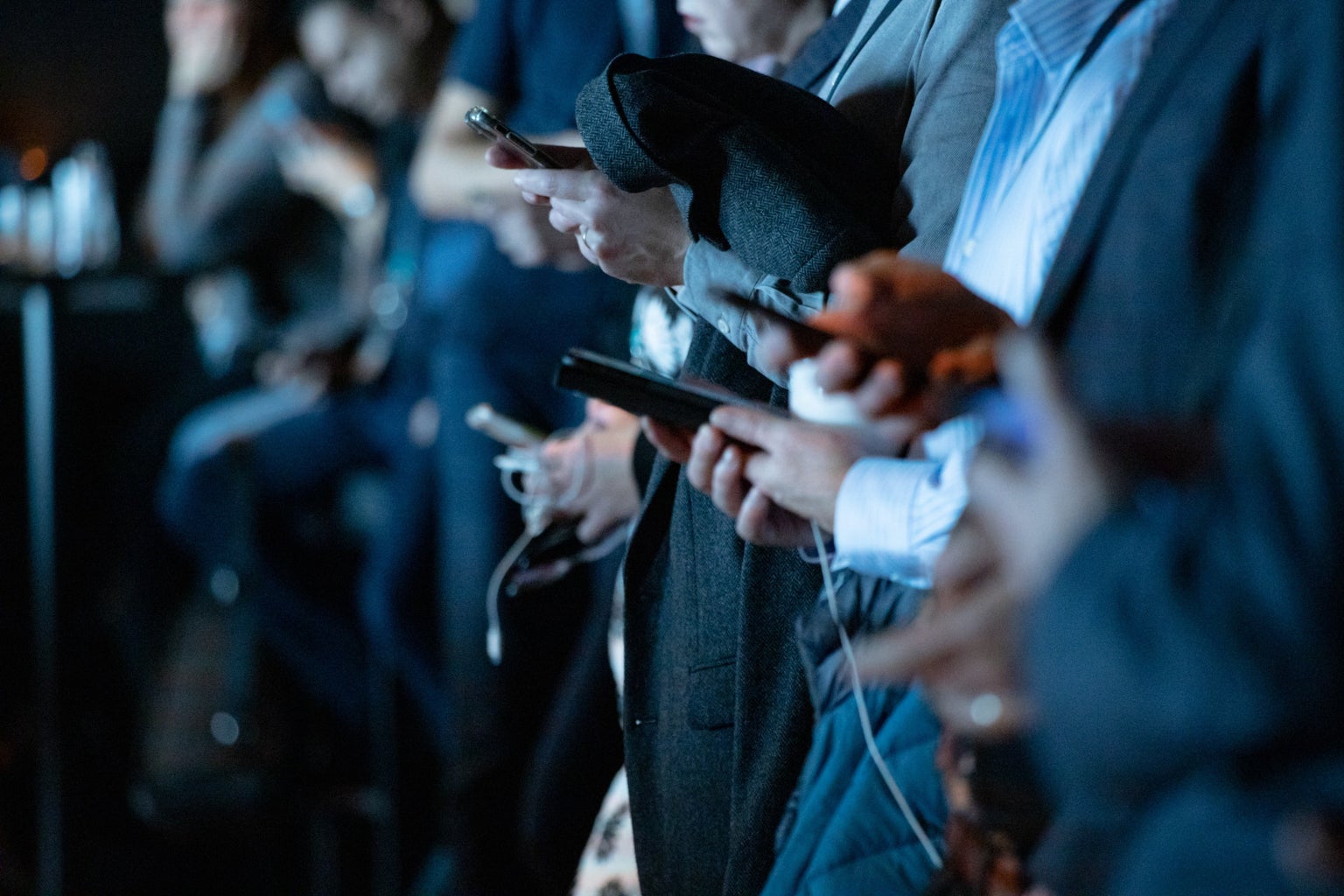Blue light glasses are becoming trendier, not only because they look really good on you, but also because they supposedly stop the blue light from your electronics from damaging your eyes. The big question though, is do they actually work?
You may be wondering, what is blue light? We’ll try to keep it short and sweet. If you look around right now, everything you see is being communicated to you through waves of electromagnetic energy. Blue light has short, high-energy waves that are slightly less powerful than UV rays. If you don’t know much about UV rays, they’re the reason the sun can damage our skin when we’re out in the sun for too long. Blue light has a similar effect on the eyes!
Sounds a little scary, doesn’t it? This is where blue glasses come in! Supposedly, blue light glasses will protect your eyes from the blue light being emitted from your electronics. Whether or not they work seems to depend on who you ask. Some people with headaches find that they sleep better after using their glasses, while others may find that there is no difference at all.
The American Association of Ophthalmology doesn’t have any recommendations for special eyewear for computers, and the Association of Optometrists in the UK explains the lack of quality evidence to support the effective use of blue light glasses.
It’s also worth noting that blue light is everywhere, not just on your smartphones or computers. Technology simply emits more blue light than most things in our world. Research shows a stronger correlation between overuse of technology and eye problems than exposure to blue light and eye problems.
But, this research still doesn’t explain why some people report improvement from using blue light glasses. Is it just a placebo? Or could there really be benefits to wearing blue light glasses? Here are some benefits some people claim occur from their blue light glasses:
- Relieved headaches
- Better sleep
- Regulate circadian rhythm
- Increased alertness
- Improved clarity of vision
Whether blue light glasses are effective seems to vary from person to person. Although their function seems to be a hit or miss, many argue “if it might help, who cares!” which is a good enough argument for us! The use of blue light glasses helps for some but not others, which is annoying but does not make them unworthy of trying. Worse comes to worst, you’ll look fabulous in your new glasses.
If you truly want to reap the benefits of blue light glasses but don’t want to spend money on something you’re not sure will work, the easiest thing you can do for yourself is to simply reduce your screen time. Try putting the tech down for a little bit and perhaps you’ll see an improvement in your sleep or vision.



